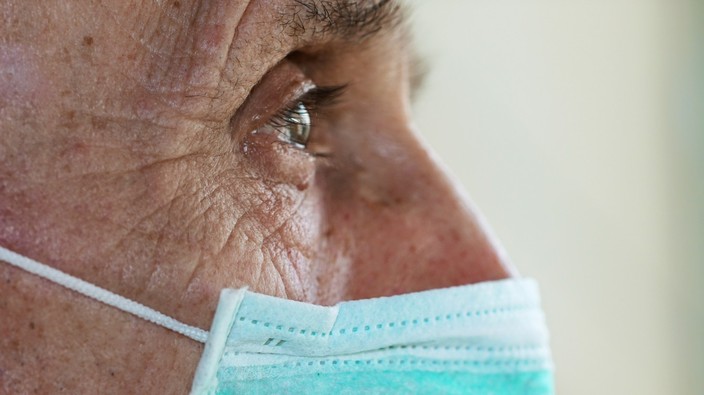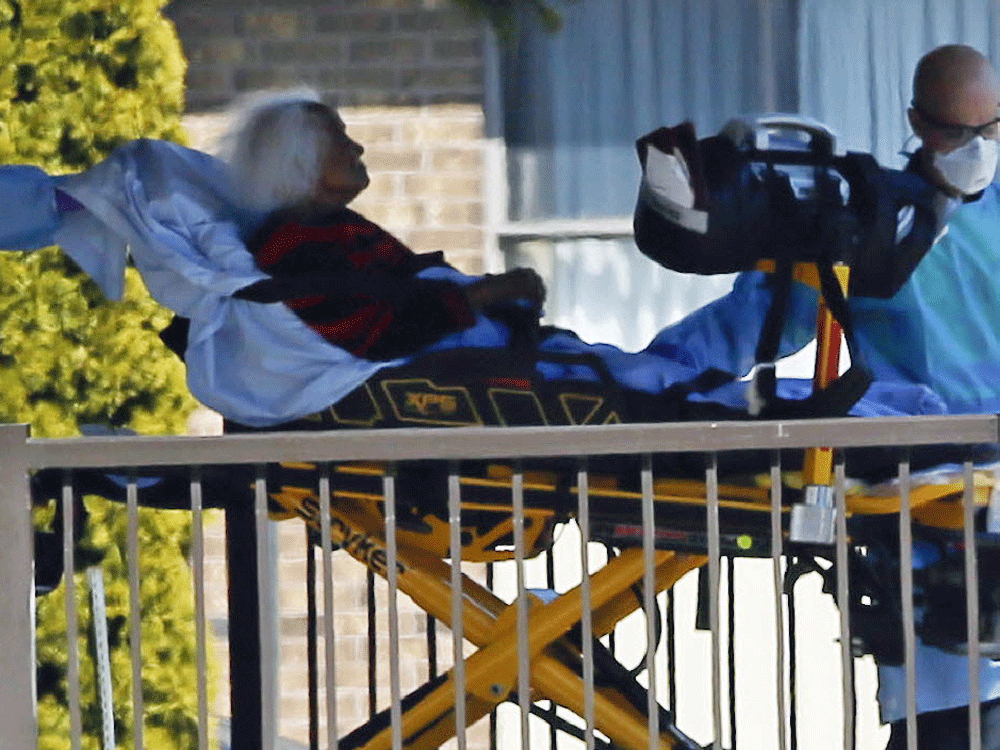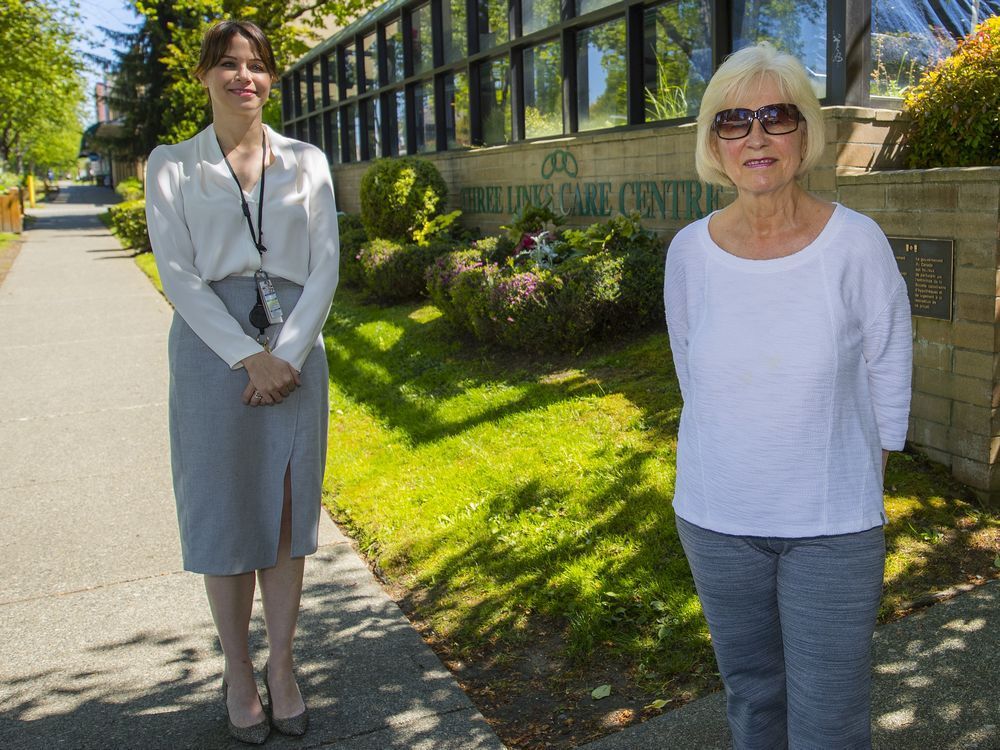“this can be challenging because you have to do it thoughtfully — it’s not just about opening the doors to any comers, it’s about doing it well,” says jennifer zelmer, president and chief executive officer of healthcare excellence canada. “if you have to work through everything from scratch that’s a lot of work to do, so that’s really what essential together is about, is helping to accelerate that process by taking something waterloo developed and sharing that with victoria, for example.”
as for hôtel-dieu grace healthcare, janice kaffer says the designated care program will become a permanent fixture in the hospital.
“some people have said to us that this is a pandemic program, and we say no it’s not,” says kaffer. “we have moved to a place where key family members or support people to our patients are now part of the care team and why would we ever go back from that? it’s an incredible move forward.”
but it’s a step that won’t be easy for many other healthcare facilities, says drury, most of which had just begun to embrace open family presence policies and 24/7 family visitation before the pandemic hit.
“covid is going to leave a lot of fear and a trail of debris behind us as to how comfortable we are with bringing people back into these institutions,” she says. “but that really does need to happen to have a patient-centred, patient partnered approach to health care.”
 6 minute read
6 minute read









